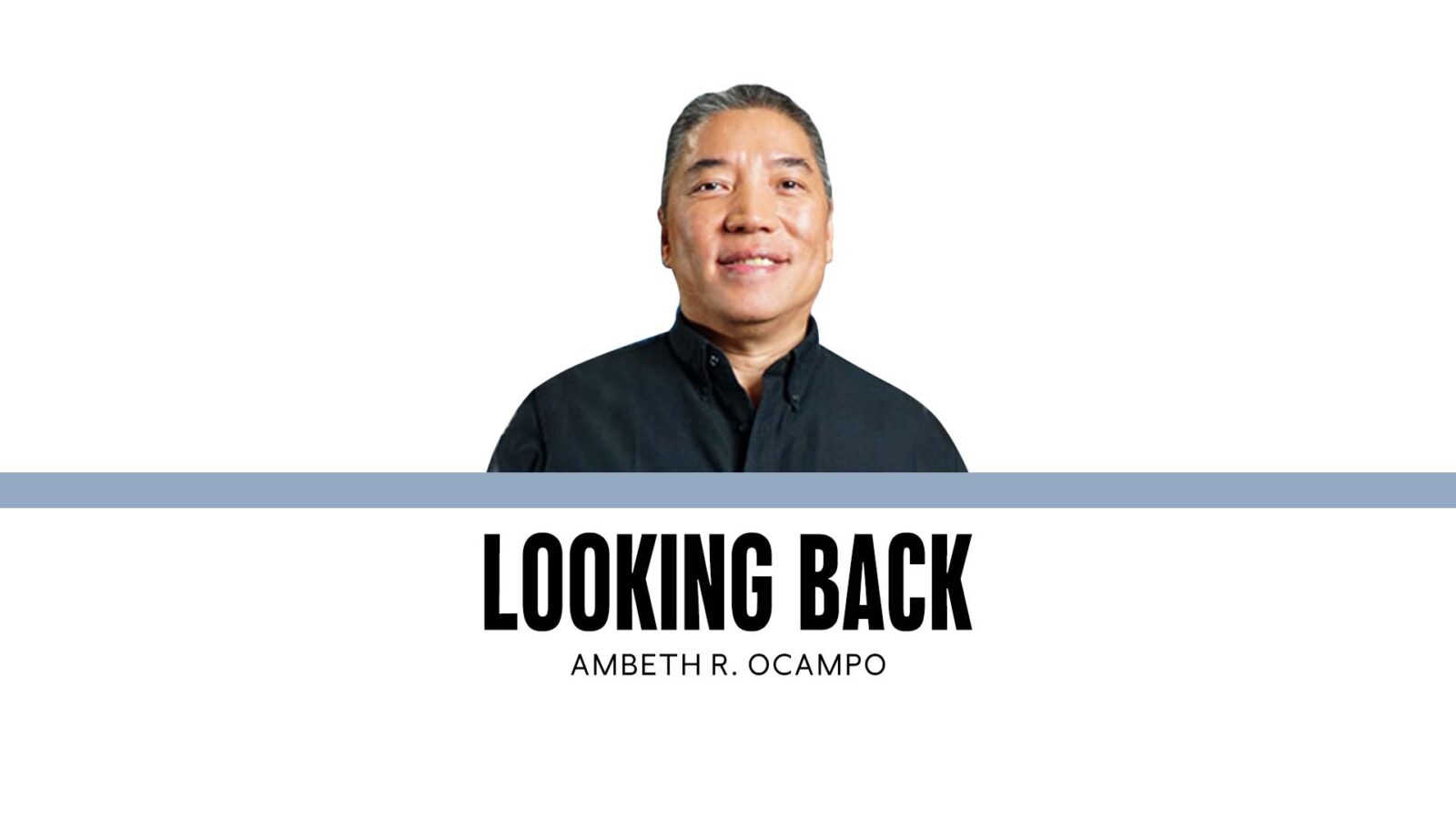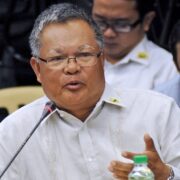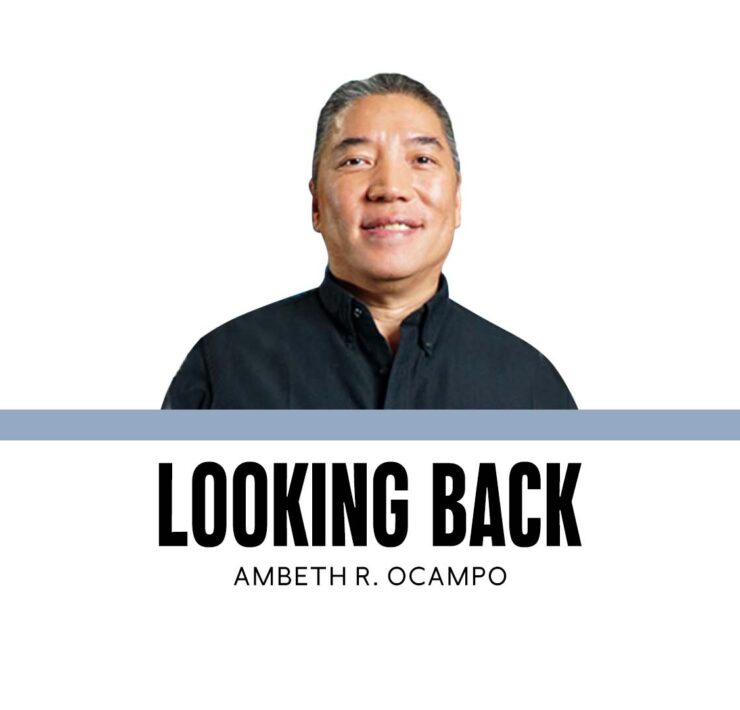Mabini’s curse in our times

Apolinario Mabini is a hero who should be brought out of Jose Rizal’s shadow to be better appreciated. His times were different, more complex than the situation Rizal had to face. During his exile in Guam, solitude gave him time to brood. He licked his wounds and wrote a memoir that has come down to us as “La Revolucion Filipina.” A pity that this memoir, his letters, orders, and memoranda at the time that he was in the center of power and history are seldom read in school. Mabini wrote about events from 1898 to 1899, his words should be obsolete. However, his texts seem strangely contemporary. His texts are painfully relevant at a time of great anger and disillusionment we feel with government. Perhaps we, in the present, should look back and find guidance and hope in the past.
The most engaging chapter in Mabini’s memoir is the 10th, where he sums up the reasons for the failure of the Philippine Revolution, that he blames largely, and at times unfairly, on Emilio Aguinaldo. For example, he differentiates between physical and moral death. He says Aguinaldo was unfit for military command, that he allowed breaches of discipline that led to the death of Antonio Luna. Because of this, Aguinaldo suffered “moral death, a thousand times more bitter than physical death.” Aguinaldo was “damned by his own deeds, his crimes punished by Providence.”
While the sharp points in the memoir are directed at Aguinaldo, they are also directed to people in government in our times who should be reminded that culture and virtue are required of high office. Our leaders should be reminded that it’s wrong to think that “one can serve his country with honor and glory only from high office … this is an error that is very dangerous to the common welfare … he is truly a patriot who, whatever his post, high or low, tries to do the greatest possible good to his countrymen.
“A little good done in a humble position is a title to honor and glory, while it is a sign of negligence or incompetence when done in high office. True honor can be discerned in the simple manifestations of an upright and honest soul, not in brilliant pomp and ornament that scarcely serve to mark the deformities of the body. True honor is attained by teaching our minds to recognize truth, and training our hearts to love it. The recognition of truth shall lead us to the recognition of our duties and of justice, and by performing our duties and doing justice we shall be respected and honored, whatever our station in life.
“Let us never forget that we are on the first rung of our national life, and that we are called upon to ride, and can go upward only on the ladder of virtue and heroism. Above all let us not forget that, if we do not grow, we shall have died without ever having been great, unable to reach maturity, that is proper of a degenerate race.”
Mabini exposed a leader with a boundless appetite for power. This was a weakness exploited by people around him who sowed intrigue that led to the ruin and end of their enemies. One must read Mabini’s memoir with caution, because in Guam he was angry and had an axe to grind against his former boss. It is not well known, that when Mabini was in power, when he had Aguinaldo’s ear, he warned the president about Antonio Luna’s promise and ambition that could, if unchecked, challenge Aguinaldo’s power and position. What made Mabini change his mind? Which Mabini do we believe, the one who was in or out of power and influence? Nevertheless, Mabini’s “Revolucion Filipina” despite its biases provides us today with much to ponder about.
Let us ask ourselves, what kind of people did we elect into office, and what kind of people did these elected officials appoint to positions of power and responsibility? Mabini asks us to look closely. Did our leaders “win their posts by reprehensible rather than meritorious acts”? Did they “support the men most useful to the people or made them useless out of jealousy”? Did they “judge the worth of men not by their ability, character, and patriotism but rather by their degree of friendship and kinship with them, and anxious to secure the readiness of their favorites to sacrifice themselves for them, they were tolerant even of their transgressions”? If so then they are cursed. “Because the people were neglected, the people forsook them; and forsaken by the people they are bound to fall like waxen idols melting in the heat of adversity. God grant we do not forget such a terrible lesson, learned at the cost of untold suffering.”
Many years ago, when I first read Mabini’s memoirs, I believed that the hero was superhuman, for how could he have described or foretold many of the issues we face in contemporary politics? Then when I matured, I reread the memoirs with another perspective. Mabini did not see our problems a century ago, Mabini is a painful reminder that the Philippines and the Filipinos have not changed much in the last century, perhaps even in the last millennium. As a historian, I ask myself, how do we liberate ourselves from the past?
—————-
Comments are welcome at ambeth.ocampo@inquirer.net
Ambeth is a Public Historian whose research covers 19th century Philippines: its art, culture, and the people who figure in the birth of the nation. Professor and former Chair, Department of History, Ateneo de Manila University, he writes a widely-read editorial page column for the Philippine Daily Inquirer, and has published over 30 books—the most recent being: Martial Law: Looking Back 15 (Anvil, 2021) and Yaman: History and Heritage in Philippine Money (Bangko Sentral ng Pilipinas, 2021).


















Magna Carta and the rule of law